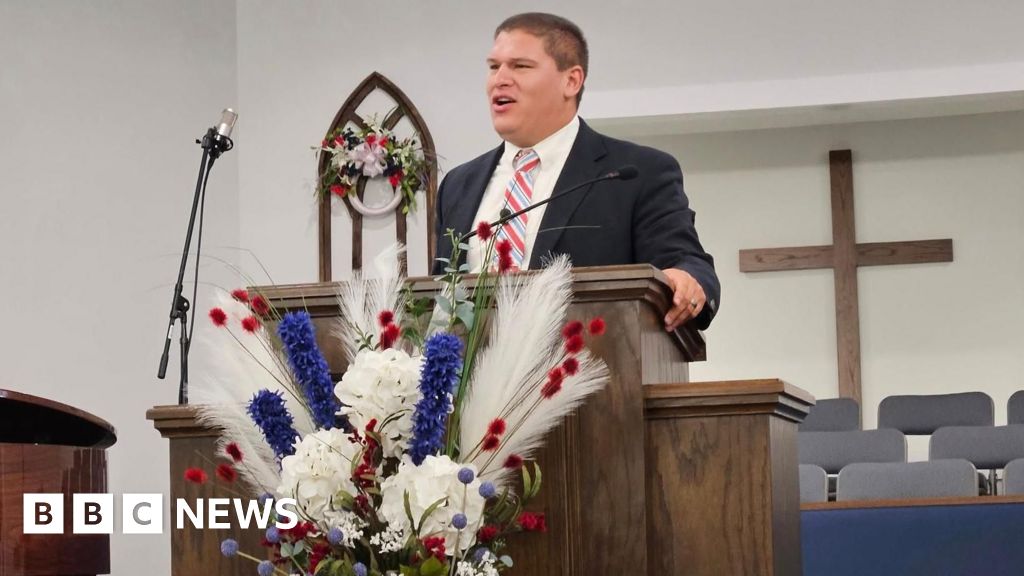
File photo: JPMorgan Chase CEO Jamie Dimon (Picture credit: AP)
JPMorgan Chase
CEO
Jamie Dimon
on Wednesday warned that sweeping tariffs imposed by US President Donald Trump could push the US economy into a recession and unleash financial instability, as markets reel from the escalating trade war with China.
According to Fox Business, Dimon said, “I think probably a recession is a likely outcome,” adding that recent steep market declines are deepening fears. “When you see a 2,000-point decline in the Dow, it sort of feeds on itself... it makes you feel like you’re losing money in your 401(k), you’re losing money in your pension. You’ve got to cut back,” he said.
His comments come as China announced an 84% tariff on all US goods, up 50 percentage points from previous levels, in retaliation for Trump’s latest wave of import duties. The trade tensions have sent shockwaves through financial markets, with Dow futures plunging over 800 points and
Treasury
yields jumping 20 basis points.
Dimon acknowledged that the tariffs are creating “somewhat explosive” conditions and urged the
White House
to accelerate trade negotiations. “Take a deep breath, negotiate some trade deals. That’s the best thing they can do,” he said, while cautioning that the situation “could get worse if we don’t make some progress here.”
JPMorgan
economists now expect the US economy to shrink by 0.3% in 2025, predicting a mild recession following years of steady growth. According to Dimon, the market downturn is pricing in “uncertainty at the macro level and uncertainty at the company level,” which is affecting consumer sentiment and business activity.
Dimon’s concerns also extend to the lending sector. He warned that rising interest rates, sticky inflation, and widening credit spreads would lead to more defaults. “I think you’ll see more credit problems,” he said, adding that IPOs are being canceled and some bond deals are collapsing amid the volatility.
“The bad part of these volatile markets is... what it does to the capital markets and the ability of companies to raise money,” he explained. “We've lost a couple of bond deals already. They simply say that, you know, we'd rather just do this with a local bank than with a US bank”, he added.
Despite once defending tariffs, telling CNBC in January that “a little inflation would be worth it to preserve national security”, Dimon’s tone has now shifted. In his annual letter earlier this week, he wrote that the economy is facing “considerable turbulence” and warned that the long-term impact of tariffs could be damaging.
While Dimon remains one of corporate America’s most influential voices, with his name floated for senior economic roles during the 2024 campaign, he stayed on at JPMorgan. On Wednesday, he also threw his support behind Fed governor Michelle Bowman’s nomination as vice chair for supervision, urging the
Senate
to confirm her.

 6 days ago
6
6 days ago
6










 English (US) ·
English (US) ·